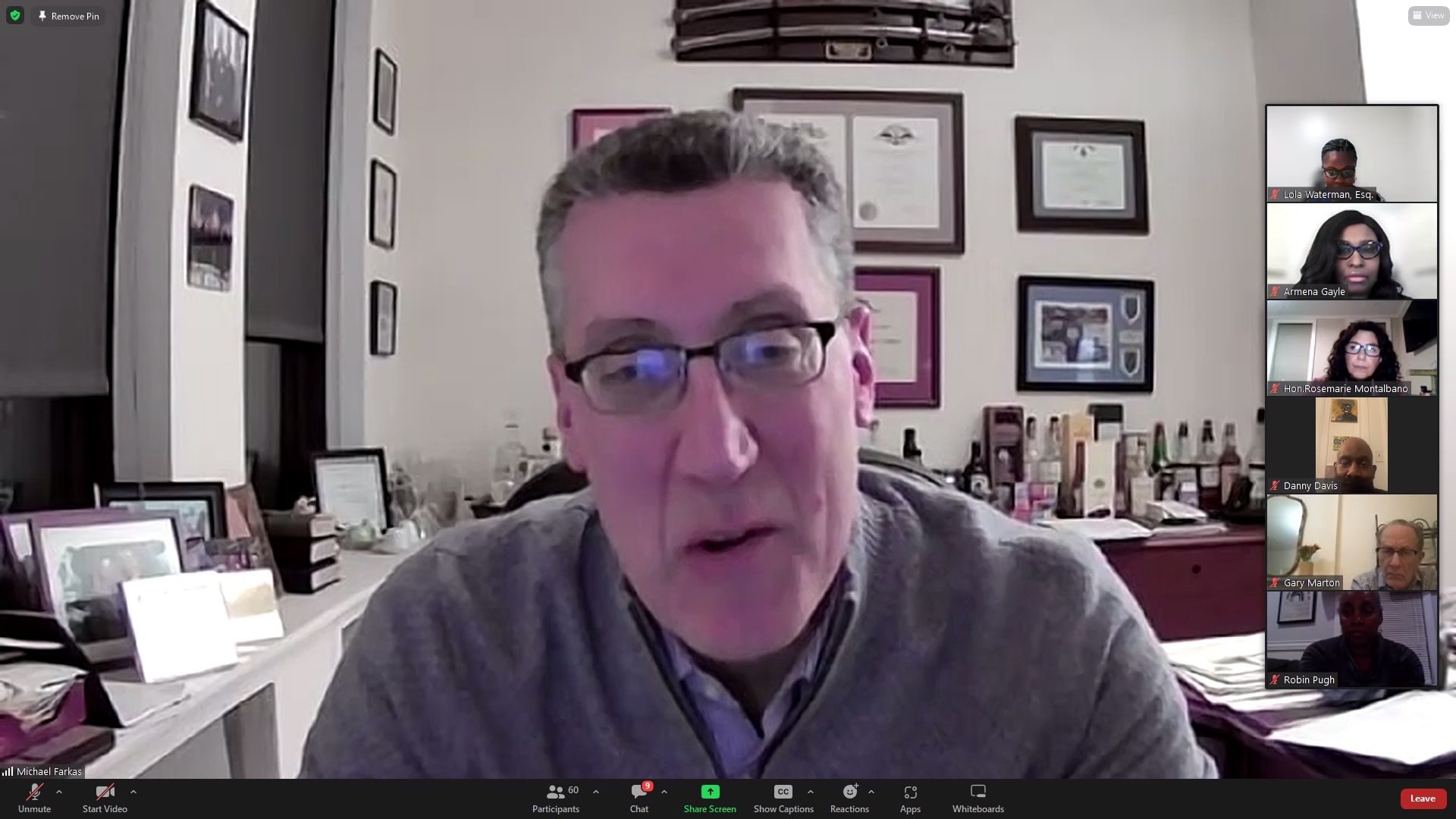Brooklyn Bar Association provides explanation of people’s rights in Surrogate’s Court

Surrogate’s Court can be a daunting and unavoidable place for people, especially those who enter its doors without a lawyer by their side, so the Brooklyn Bar Association’s Access to Justice Committee teamed up with the Metropolitan Black Bar Association to provide Brooklynites with tips on what their rights are when they enter the court.
The program, “Know Your Rights: Surrogate’s Court 101 for Unrepresented Litigants,” was hosted by Hon. Michael Farkas, chair of the BBA’s Access to Justice Committee, on Thursday on Zoom.
“The target of this event is towards the self represented litigant,” said Lola Waterman, who helped to organize the event. “This is designed to give you the nuts and bolts of what you need to know. It’s not a substitute for legal advice, but it is meant as an empowerment tool for people who need to access the Surrogate’s Court.”

Brooklyn Boro
View MoreNew York City’s most populous borough, Brooklyn, is home to nearly 2.6 million residents. If Brooklyn were an independent city it would be the fourth largest city in the United States. While Brooklyn has become the epitome of ‘cool and hip’ in recent years, for those that were born here, raised families here and improved communities over the years, Brooklyn has never been ‘uncool’.